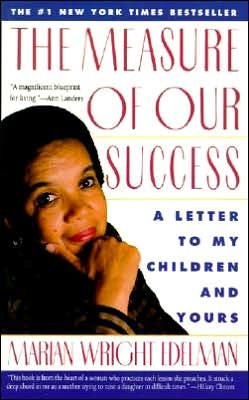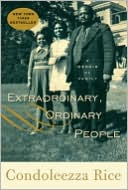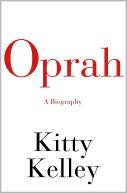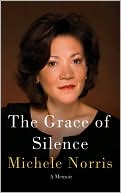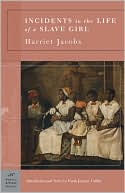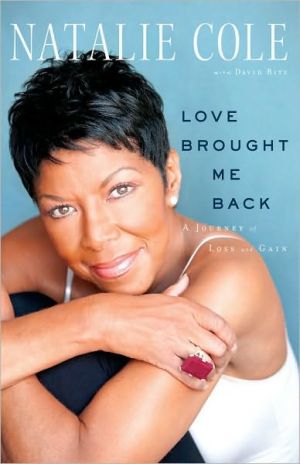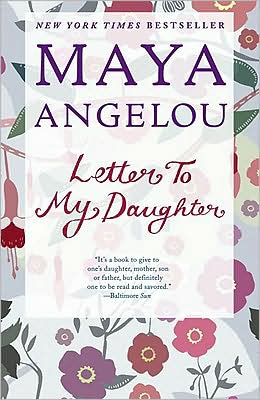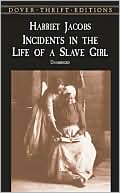Measure of Our Success: Letter to My Children and Yours
The #1 New York Times bestseller is a thinking person's Life's Little Instruction Book, with simple yet inspirational messages about living.
Search in google:
The #1 New York Times bestseller is a thinking person's Life's Little Instruction Book, with simple yet inspirational messages about living.Publishers WeeklyTo help parents chart a course for their children based on traditional values--self-reliance, family, hard work, justice, the pursuit of knowledge and of brotherhood--Edelman, founder and president of the Childrens Defense Fund, effectively recounts her experience and vision in essays variously addressed to her own children, to all children and to parents. Edelman, who grew up in the segregated South and was the first black woman admitted to the Mississippi bar, recalls the community of her childhood where one child's accomplishments gave joy to all, where neighbors took care of each other and where parents instilled a sense of responsibility in their offspring. In the introduction the author's son Jonah examines the value and pressure of being raised by an African American mother and a Jewish father. 40,000 first printing; $40,000 ad/promo; author tour. (May)
Part One\ \ A Family Legacy\ \ \ South Carolina is my home state and I am the aunt, granddaughter, daughter, and sister of Baptist ministers. Service was as essential a part of my upbringing as eating and sleeping and going to school. The church was a hub of Black children's social existence, and caring Black adults were buffers against the segregated and hostile outside world that told us we weren't important. But our parents said it wasn't so, our teachers said it wasn't so, and our preachers said it wasn't so. The message of my racially segregated childhood was clear: let no man or woman look down on you, and look down on no man or woman.\ We couldn't play in public playgrounds or sit at drugstore lunch counters and order a Coke, so Daddy built a playground and canteen behind the church. In fact, whenever he saw a need, he tried to respond. There were no Black homes for the aged in Bennettsville, so he began one across the street for which he and Mama and we children cooked and served and cleaned. And we children learned that it was our responsibility to take care of elderly family members and neighbors, and that everyone was our neighbor. My mother carried on the home after Daddy died, and my brother Julian has carried it on to this day behind our church since our mother's death in 1984.\ Finding another child in my room or a pair of my shoes gone was far from unusual, and twelve foster children followed my sister and me and three brothers as we left home.\ Child-rearing and parental work were inseparable. I went everywhere with my parents and was under the watchful eye of members of the congregation and community whowere my extended parents. They kept me when my parents went out of town, they reported on and chided me when I strayed from the straight and narrow of community expectations, and they basked in and supported my achievements when I did well. Doing well, they made clear, meant high academic achievement, playing piano in Sunday school or singing or participating in other church activities, being helpful to somebody, displaying good manners (which is nothing more than consideration toward others), and reading. My sister Olive reminded me recently that the only time our father would not give us a chore ("Can't you find something constructive to do?" was his most common refrain) was when we were reading. So we all read a lot! We learned early what our parents and extended community "parents" valued. Children were taught--not by sermonizing, but by personal example--that nothing was too lowly to do. I remember a debate my parents had when I was eight or nine as to whether I was too young to go with my older brother, Harry, to help clean the bed and bedsores of a very sick, poor woman. I went and learned just how much the smallest helping hands and kindness can mean to a person in need.\ The ugly external voices of my small-town, segregated childhood (as a very young child I remember standing and hearing former South Carolina Senator James Byrnes railing on the local courthouse lawn about how Black children would never go to school with whites) were tempered by the internal voices of parental and community expectation and pride. My father and I waited anxiously for the Brown v. Board of Education decision in 1954. We talked about it and what it would mean for my future and for the future of millions of other Black children. He died the week before Brown was decided. But I and other children lucky enough to have caring and courageous parents and other adult role models were able, in later years, to walk through the new and heavy doors that Brown slowly and painfully opened--doors that some are trying to close again today.\ The adults in our churches and community made children feel valued and important. They took time and paid attention to us. They struggled to find ways to keep us busy. And while life was often hard and resources scarce, we always knew who we were and that the measure of our worth was inside our heads and hearts and not outside in our possessions or on our backs. We were told that the world had a lot of problems; that Black people had an extra lot of problems, but that we were able and obligated to struggle and change them; that being poor was no excuse for not achieving; and that extra intellectual and material gifts brought with them the privilege and responsibility of sharing with others less fortunate. In sum, we learned that service is the rent we pay for living. It is the very purpose of life and not something you do in your spare time.\ When my mother died, an old white man in my hometown of Bennettsville asked me what I do. In a flash I realized that in my work at the Children's Defense Fund I do exactly what my parents did--just on a different scale. My brother preached a wonderful sermon at Mama's funeral, but the best tribute was the presence in the back pew of the town drunk, whom an observer said he could not remember coming to church in many years.\ The legacies that parents and church and teachers left to my generation of Black children were priceless but not material: a living faith reflected in daily service, the discipline of hard work and stick-to-it-ness, and a capacity to struggle in the face of adversity. Giving up and "burnout" were not part of the language of my elders--you got up every morning and you did what you had to do and you got up every time you fell down and tried as many times as you had to to get it done right. They had grit. They valued family life, family rituals, and tried to be and to expose us to good role models.
\ Publishers Weekly - Publisher's Weekly\ To help parents chart a course for their children based on traditional values--self-reliance, family, hard work, justice, the pursuit of knowledge and of brotherhood--Edelman, founder and president of the Childrens Defense Fund, effectively recounts her experience and vision in essays variously addressed to her own children, to all children and to parents. Edelman, who grew up in the segregated South and was the first black woman admitted to the Mississippi bar, recalls the community of her childhood where one child's accomplishments gave joy to all, where neighbors took care of each other and where parents instilled a sense of responsibility in their offspring. In the introduction the author's son Jonah examines the value and pressure of being raised by an African American mother and a Jewish father. 40,000 first printing; $40,000 ad/promo; author tour. (May)\ \ \ \ \ Library Journal``And so the children--my own and other people's--became the passion of my personal and professional life. For it is they who are God's presence, promise, and hope for humankind.'' These compelling words come from a woman who has been a civil rights attorney, who is a wife and mother of three sons, and who is the founder and president of the Children's Defense Fund. In this provocative, slim volume, Edelman shares with us her strong beliefs on child rearing and moral values, which grew out of her rural South Carolina childhood and her years of public service. She includes a personal letter to her three sons, who were born into a family with a shared African American and Jewish heritage, and offers 25 lessons, or ``road maps,'' for life. Citing statistics on the tragic state of this nation's poor and neglected children, Edelman admonishes all of us to become aware of the mounting crisis facing our children, families, and nation. So what is the measure of our success? According to Edelman, it is ``hard work, initiative, and persistence'' and being ``decent and fair.'' This is a profound and moving book. Highly recommended for all collections.--Angela Washington-Blair, Brookhaven Coll. Learning Resource Ctr., Farmers Branch, Tex.\ \ \ School Library JournalYA-- Edelman passes on the values of hard work, service, responsibility, and faith that her parents not only preached, but also lived. Her 25 lessons for life eloquently distill the essence of her rich heritage. Intended for her sons as they approach adulthood, the book is uniquely applicable to all races and creeds. The author's style is warm, personal, uplifting, and easy to read. The book has several uses: for personal searching for answers, guidance, or reassurance; for a curriculum unit on child-care; for a book discussion group. It should be required reading by anyone in a position to influence or change the future of America's most valuable resource, its children.-- Judy Sokoll, Fairfax County Public Library, VA\ \ \ \ \ From Barnes & NobleFilled with wisdom, example, and inspiration, this invocation to America's collective conscience is a powerful mix of moral conviction, anecdote, and humor wrapped up in a timely message of hope and purpose.\ \
